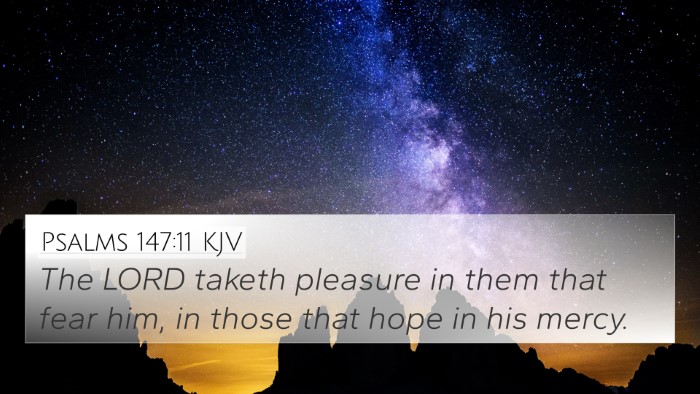Understanding Matthew 18:13
Matthew 18:13 states: "And if he should find it, truly I say to you, he rejoices over it more than over the ninety-nine that went astray."
This verse highlights the profound love and joy of a shepherd (symbolizing God) in finding a single lost sheep, reflecting God’s love for each individual. Below is a summarized explanation of this verse drawn from public domain commentaries, including insights from Matthew Henry, Albert Barnes, and Adam Clarke.
Verse Meaning and Context
According to Matthew Henry, this parable of the lost sheep emphasizes the worth and value of every individual in the sight of God. The shepherd's joy in recovering the one lost sheep symbolizes God's immense love and commitment to restore those who have strayed from His path.
Albert Barnes further explains that this passage illustrates the importance of every believer to God. The imagery of the shepherd and sheep establishes that no one is insignificant; rather, each soul is precious, warranting the shepherd's diligent search and the subsequent joy upon finding what was lost.
Adam Clarke argues that this verse reinforces a foundational principle of Christianity: the divine compassion that God extends to sinners. It reflects the theme that Jesus came to seek and save the lost, mirroring the actions of the shepherd who would leave the ninety-nine to search for the one.
Key Themes
- God's Love: The verse portrays God's unconditional love and eagerness to welcome back those who stray.
- Value of Individuals: Every person is seen as invaluable, deserving of God's attention and care.
- Restoration and Joy: The joy experienced by the shepherd upon finding the lost sheep signifies the joy in heaven over one sinner who repents.
- Divine Pursuit: God's willingness to pursue the lost emphasizes His proactive nature in seeking out those who have gone astray.
Cross-References and Biblical Connections
Matthew 18:13 connects with several other Bible verses that enhance its interpretation and meaning:
- Luke 15:4-7: The parable of the lost sheep is recounted, emphasizing similar themes of recovery and joy.
- John 10:11: Jesus identifies Himself as the Good Shepherd who lays down His life for the sheep.
- Ezekiel 34:11-16: God promises to seek out His sheep, resonating with the shepherd theme present in Matthew 18:13.
- Isaiah 53:6: Highlights how all have gone astray, connecting to the necessity of seeking lost souls.
- 2 Peter 3:9: Speaks of God's desire for none to perish but for all to come to repentance, aligning with the themes of restoration.
- Romans 5:8: God's love in action is shown through Christ's sacrifice, reinforcing the notion of pursuing the lost.
- Luke 19:10: Jesus came to seek and save the lost, echoing the message of Matthew 18:13.
Thematic Bible Verse Connections
In exploring the thematic connections within Scripture, we notice a consistent pattern that emphasizes God's care for the marginalized and those who have strayed:
- Lost and Found: The theme of loss and retrieval is prevalent, as seen in Flavius Josephus, the Parables of the Prodigal Son (Luke 15:11-32) which also underscores God's grace.
- God as Shepherd: The imagery of God as the shepherd pervades scripture, connecting to Psalms 23, where the Lord is depicted as the shepherd of His people.
- The Call to Repentance: Verses inviting repentance, such as Acts 3:19, are crucial to understanding the implications of being lost and then found.
Cross-Referencing and Comparative Bible Verse Analysis
Cross-referencing Bible texts reveals the interconnectedness of Scripture, particularly in understanding God's character. Tools for Bible cross-referencing can enhance our study:
- Bible Concordance: A valuable tool in locating verses related to specific themes or words.
- Bible Cross-Reference Guide: Helps navigate various connections found within the texts.
- Cross-reference Bible Study: A systematic approach to exploring the relationship between verses.
- Bible chain references: Understanding how one verse can lead to another in a theological context.
Conclusion
Matthew 18:13 speaks volumes about God's relentless pursuit of the lost and the great joy found in their restoration. This verse, alongside its many connections and themes within the Bible, serves as a reminder of God's immeasurable love for each person, urging believers to reflect this divine love in their own lives.
In countless ways, this verse encourages us to consider how we interact with others who may feel lost or marginalized. The call to embody the shepherd's heart, seeking out the lost, reflects the core of Christian discipleship and community-building.












